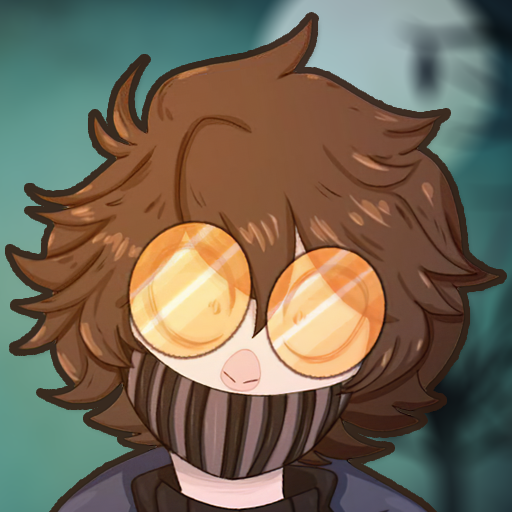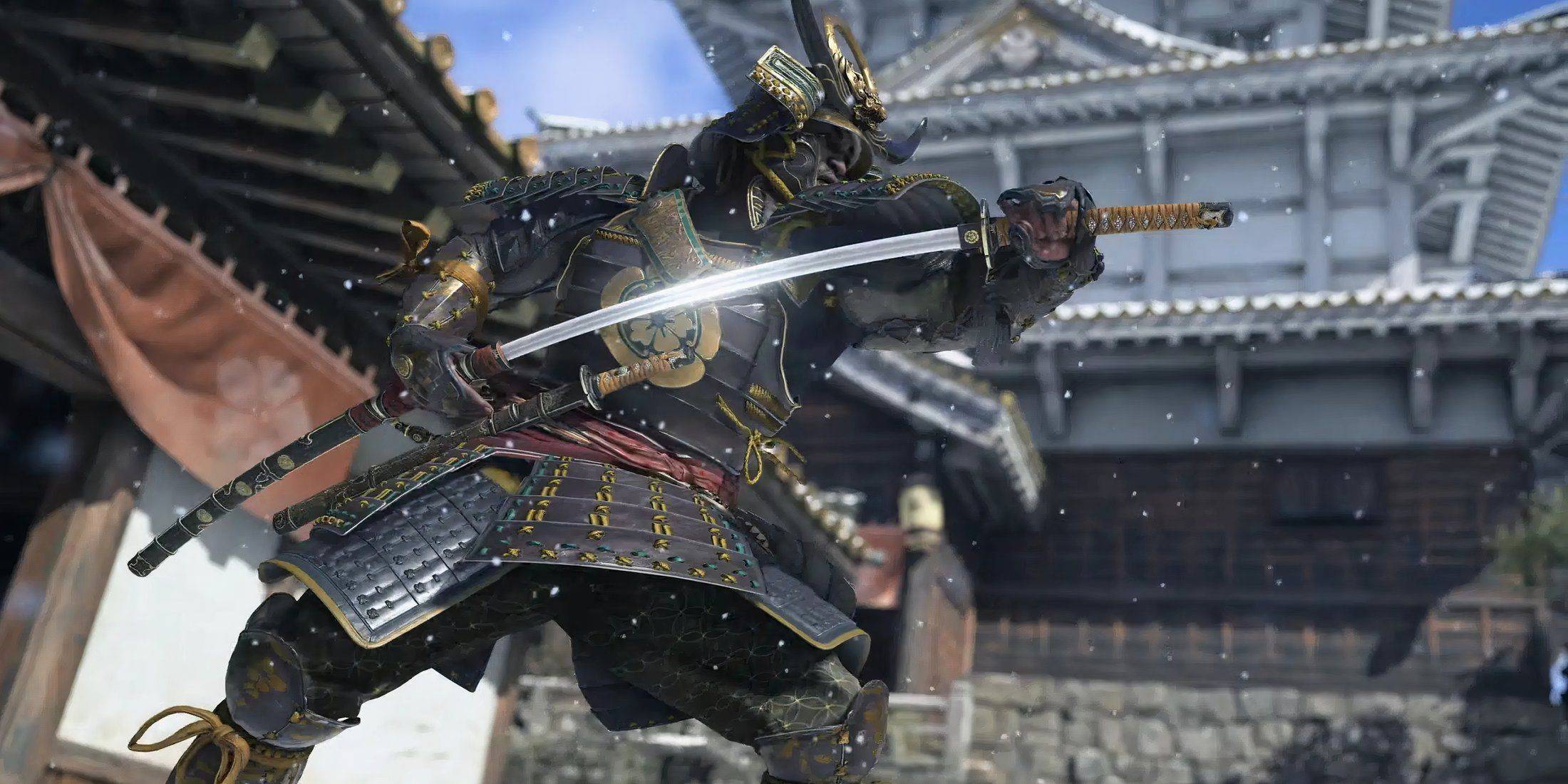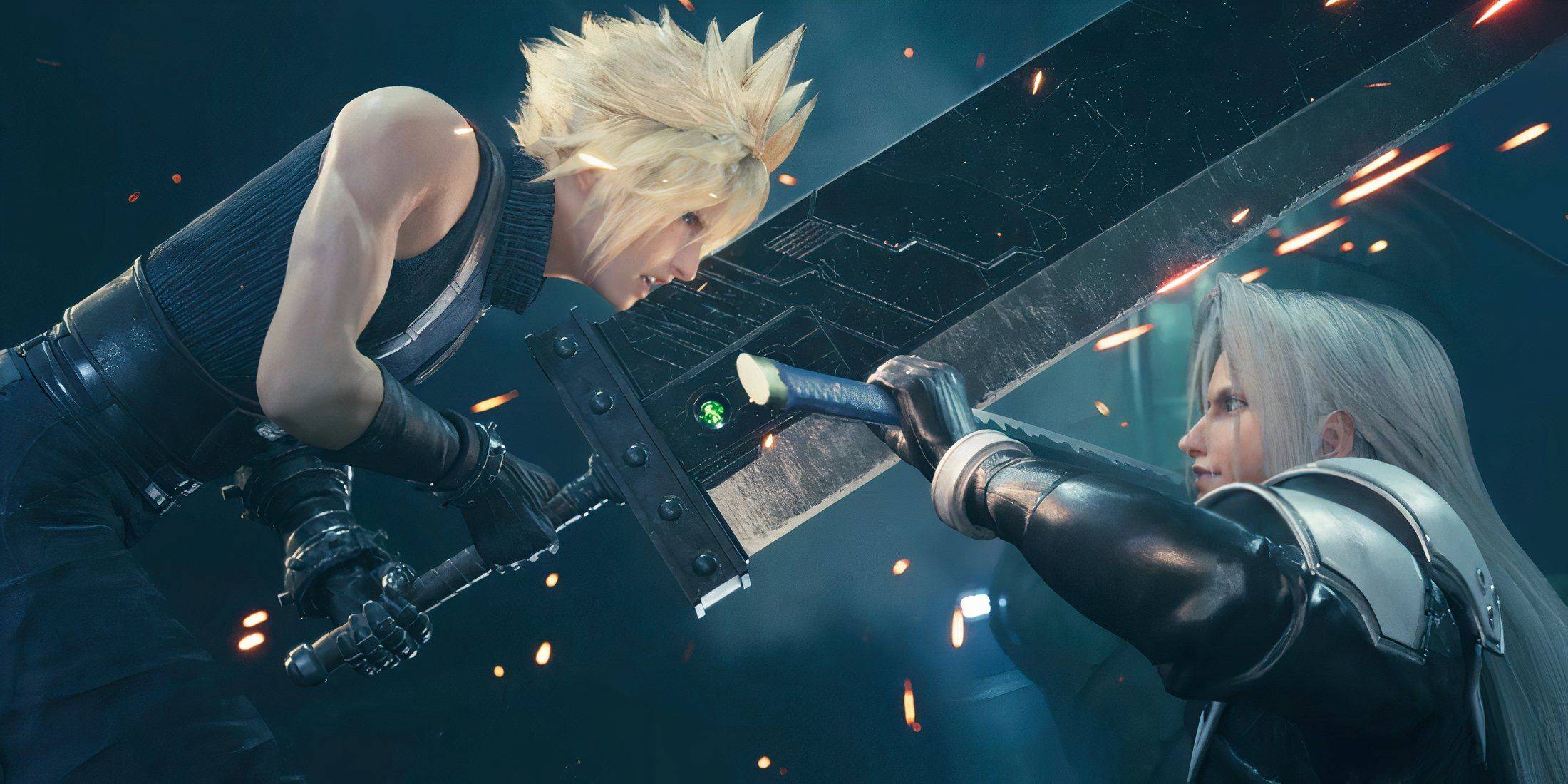
Summary
- Square Enix has implemented a comprehensive anti-harassment policy to safeguard its employees and partners.
- The policy clearly defines harassment, including threats of violence, defamation, and other disruptive behaviors.
- Square Enix reserves the right to deny services and pursue legal action against those who engage in harassment.
Square Enix has introduced a robust anti-harassment policy designed to protect its employees and partners from harmful behaviors. This policy explicitly outlines what constitutes harassment and details the company's response to such incidents.
In today's interconnected world, threats and harassment against gaming industry professionals have become disturbingly common. Square Enix is not alone in facing these issues; other notable cases include death threats against the actress who portrayed Abby in The Last of Us 2, and Nintendo canceling a live event due to threats from a so-called Splatoon fan. In response, Square Enix is taking proactive measures to shield its staff from similar threats.
The policy, available on the Square Enix website, firmly addresses harassment directed at anyone from support staff to executives. While Square Enix values feedback from its fans and customers, it makes it clear that harassment is unacceptable. The policy specifies various forms of harassment, including threats of violence, defamation, obstruction of business, and trespassing, and outlines how the company will respond to such behavior.
Square Enix considers harassment to include acts of violence, abusive language, intimidation, defamation, persistent inquiries, trespassing, unlawful restraint, discriminatory speech, privacy infringement, sexual harassment, and stalking. If such behavior is detected, Square Enix reserves the right to deny services to the offending individuals. In cases of "malicious intent," the company may pursue legal action or involve law enforcement to protect its staff.
Square Enix Anti-Harassment Policy
Harassment:
- Acts of violence or violent behavior
- Abusive language, intimidation, coercion, duress, excessive pursuit or reprimand
- Defamation/slander, denial of personality, personal attacks (including via email, contact forms, comments, or posts on the internet), advance notice of wrongdoing, advance notice of obstruction of business
- Persistent inquiries, repeated visits
- Trespassing by visiting or staying in an office or related facility without permission
- Unlawful restraint via telephone calls and online inquiries
- Discriminatory speech and conduct regarding race, ethnicity, religion, family origin, occupation, etc.
- Infringement of privacy by taking pictures or making video recordings without consent
- Sexual harassment, stalking, repeated stalking behavior
Undue Demand:
- Unreasonable changes or exchanges of products or requests for monetary compensation
- Unreasonable responses or requests for apologies (including face-to-face responses or requests specifying the position of Square Enix employees or partners)
- Excessive requests for the provision of products and services beyond socially accepted norms
- Unreasonable and excessive demands for punishment of Square Enix employees
Unfortunately, such policies have become necessary for game developers like Square Enix. The gaming community has seen instances of angry and threatening messages directed at various industry members, including voice actors and performers. Recent examples include the backlash against Sena Bryer, the voice actor for Wuk Lamat in Final Fantasy 14 Dawntrail, due to transphobic sentiments. Additionally, Square Enix faced multiple death threats against its staff in 2018, leading to an arrest in 2019 over threats related to gacha mechanics. The company also had to cancel a tournament in 2019 due to similar threats, mirroring the situation Nintendo recently encountered.
 Home
Home  Navigation
Navigation






 Latest Articles
Latest Articles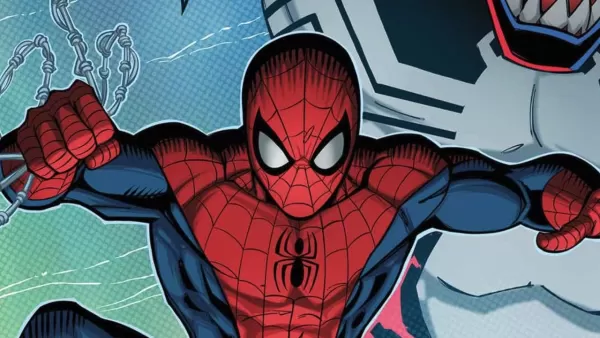
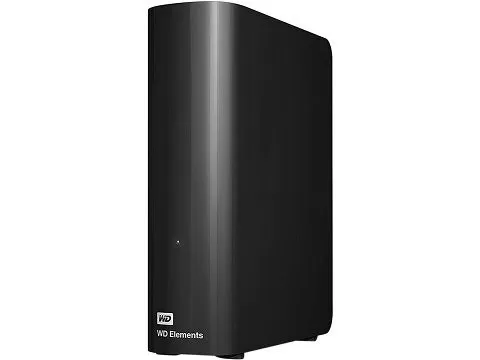





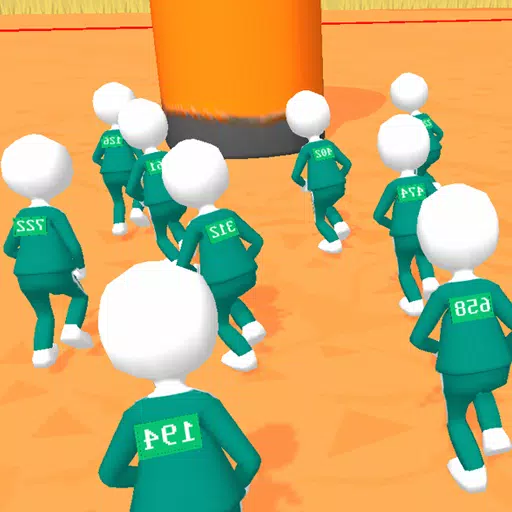
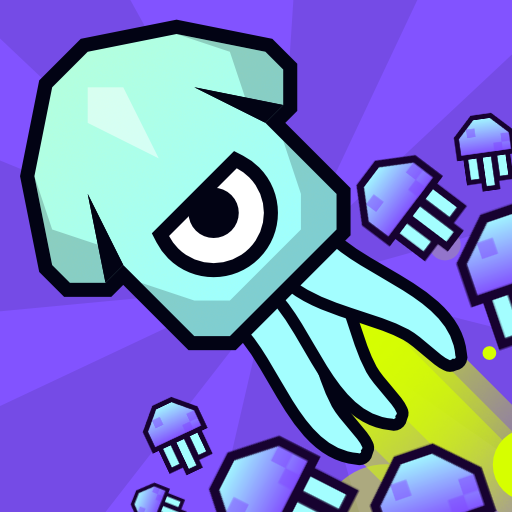

 Latest Games
Latest Games


